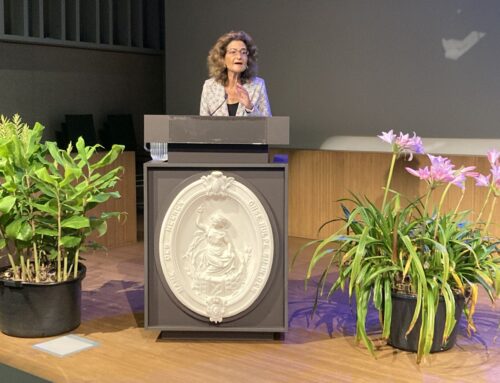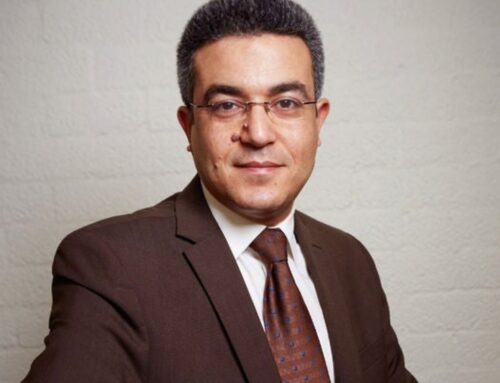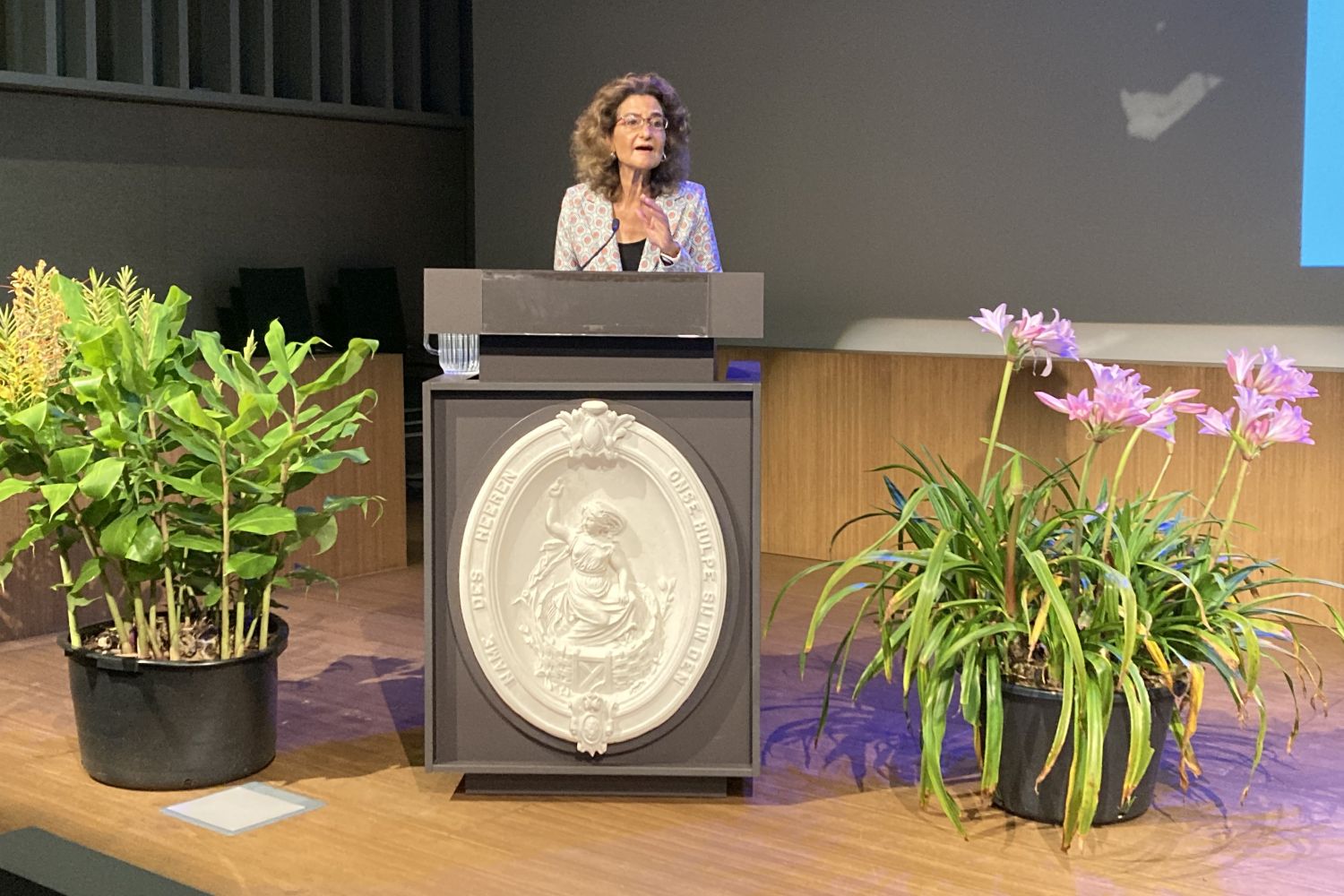
Professor Katja Tolstaya, member of the FOAT research group, reflects on the reason for establishing this project group and its relevancy.
Over the past evaluation period (2018–2023), the Faculty has engaged in comprehensive reflection on the evolving role of academic theology, particularly in the context of interdisciplinary integration and societal relevance. This reflection was structured through the “Future of Academic Theology” (FOAT) project group, which emerged from the 2018 Research Assessment Committee’s recommendation for the Faculty to lead the academic rethinking of theology in relation to its three key publics: the academy, religious communities, and society at large.
Project Aims and Scope
The FOAT group has convened scholars across different traditions and disciplinary backgrounds to critically assess the scope of academic theology. One of the core inquiries of the group is the expansion of theology beyond its narrow definition as the study of God. Following broader frameworks, such as those proposed by Thomas Aquinas, the group considers theology as the study of all aspects of life in the light of God, encompassing diverse fields such as politics, economics, and ecology, under a transcendent lens.
Furthermore, the group interrogates the continued relevance of theology in secular and pluralistic societies. Theology, traditionally understood as a confessional and doctrinal discipline, is being reimagined as an exclusively hermeneutical enterprise that addresses broader existential questions and worldviews. The group has engaged with interdisciplinary scholars to explore how theology contributes to meaning–making processes in contemporary global challenges, such as climate change, social justice, and interfaith dialogue.
Strategic Focus and Innovations
Key strategic innovations of FOAT include the development of interdisciplinary dialogues between confessional theology and religious studies. The integration of multiple methodological perspectives—both confessional (from different religions) and non–confessional ones—has been central to this initiative. FOAT’s work aligns with the Faculty’s broader objective of positioning theology as a critical academic field that is informed by and contributes to various disciplines in the humanities and social sciences.
The project’s next phase involves organizing an international symposium, highlighting these interdisciplinary efforts, with particular attention to the intersection of theology and religious studies within the academic sphere. This symposium will provide a platform for further refining the role of academic theology in addressing pressing global issues while maintaining rigorous scholarly standards.
In conclusion, FOAT’s work is integral to the Faculty’s long–term strategic goals, promoting an inclusive, interdisciplinary, and socially engaged model of theology that will ensure the field’s relevance and contribution to contemporary academic and societal discourses.
Leave A Comment
Related Posts
In an inspiring opening lecture of the FRT VU opening 2024-2025, Kathleen Ferrier, chair [...]
What is the future of academic theology and religious studies? A pressing question in [...]





